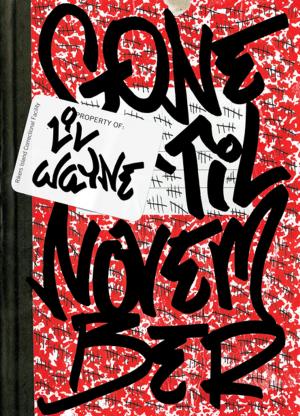The Trying Years: Patriarchs of League Unitus
Nonfiction, Entertainment, Drama, Greek & Roman, Fiction & Literature, Performing Arts| Author: | Imeje Fidelis | ISBN: | 9781310219054 |
| Publisher: | Imeje Fidelis | Publication: | August 3, 2014 |
| Imprint: | Smashwords Edition | Language: | English |
| Author: | Imeje Fidelis |
| ISBN: | 9781310219054 |
| Publisher: | Imeje Fidelis |
| Publication: | August 3, 2014 |
| Imprint: | Smashwords Edition |
| Language: | English |
The story of Unitus, a great kingdom in the land of Norwegia began a very long time ago, before men ever thought of crossing the vast body of waters that separated the continents. In this land of splendid beauty, blessed with natural resources and minerals, lived tribes that had a lot in common. But the tribes blinded by greed and drunken by power waged protracted tribal wars against one another, partitioned the land, and erected walls of separation. However, in spite of the man made barriers and boundaries, the tribes still interacted with one another in times of peace and maintained sovereignty over tribal and territorial affairs until the combine inter play of factors —man made on the one hand and nature on the other made it inevitable for the tribes to unite for the common benefit of all.
With territorial barriers removed and sovereignty surrendered to a central authority, the centre soon becomes threatened. Suspicion, envy and hatred have taken centre stage, can the centre still hold? Would unity in diversity withstand the test of time? Have the tribes really planted a time bomb to destroy themselves? What went wrong, when and where? How can the time bomb be defused? These are some of the symbolic questions that the series readily provides answers to.
The story of Unitus, a great kingdom in the land of Norwegia began a very long time ago, before men ever thought of crossing the vast body of waters that separated the continents. In this land of splendid beauty, blessed with natural resources and minerals, lived tribes that had a lot in common. But the tribes blinded by greed and drunken by power waged protracted tribal wars against one another, partitioned the land, and erected walls of separation. However, in spite of the man made barriers and boundaries, the tribes still interacted with one another in times of peace and maintained sovereignty over tribal and territorial affairs until the combine inter play of factors —man made on the one hand and nature on the other made it inevitable for the tribes to unite for the common benefit of all.
With territorial barriers removed and sovereignty surrendered to a central authority, the centre soon becomes threatened. Suspicion, envy and hatred have taken centre stage, can the centre still hold? Would unity in diversity withstand the test of time? Have the tribes really planted a time bomb to destroy themselves? What went wrong, when and where? How can the time bomb be defused? These are some of the symbolic questions that the series readily provides answers to.















